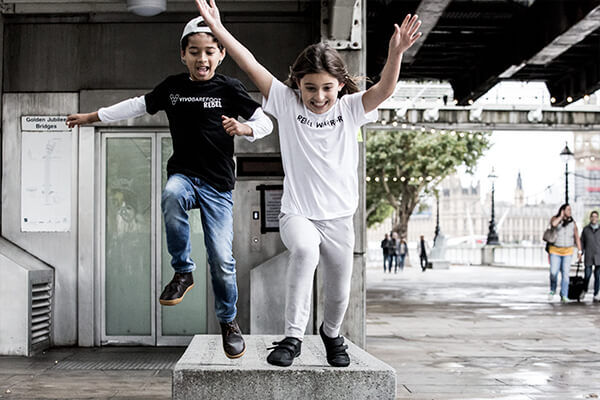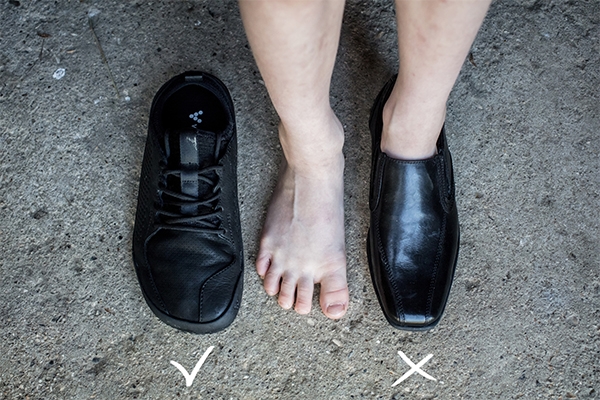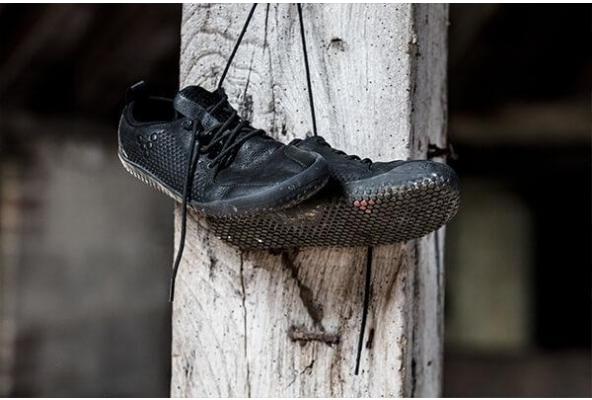Recently, a major study by the University of Bournemouth concluded keeping shoes off kids’ feet in the classroom helped them concentrate more, behave better and perform better academically.
Maybe it’s time to rethink shoes at school (as well as life in general!)
And it’s not just shoes that are the problem, Professor Stephen Heppell, who led the study1, concludes school is too much about batch processing and remembering information, when it should be about learning ingenuity, developing creativity, problem solving and collaboration.
Voices such as those of pediatric occupational therapist Angela Hanscom and Dr Peter Gray, Emeritus Professor of Psychology at Boston College, are adding vital expertise to the importance of kids playing outside in nature.
“(Without) play,” Dr Gray writes, “Children fail to acquire the social and emotional skills that are essential for healthy psychological development.”2
While Hanscom writes, “The more we restrict children’s movement and separate children from nature, the more sensory disorganization we see.”


Sensory disorganization can be anything from an inability to sit still, to aggressive and violent behaviour.
It’s no wonder kids get bored of hours of being sedentary, indoors and stuffed full of – often obsolete – information.
A recently-published study3 from two universities in Germany and South Africa also found kids who are regularly barefoot have better-developed motor skills than those who regularly wear shoes.
The study tested three sets of motor skills from kids from both places and found the regularly barefoot kids performed better in balance and jumping tests, and that this was especially evident with younger kids between the ages of 6-10.
Yet another reason to rethink what we put on our kids feet – especially at school, where they spend so much time.
Traditional school shoes are stiff, narrow and rigid – wrecking the foot’s form and function as it grows, as well as restricting all the awesome sensory feedback brains get when feet can feel.


VivoKids are foot-shaped - thin, wide and bendy – and barely-there, protecting only from climate and terrain so feet can grow and feel almost barefoot.
We think a lot about the way our kids are taught needs to change. Many of these changes are complex and take time, but some might be as simple as taking their shoes off. Maybe, just maybe, it could be the start of something.
We hope so.

